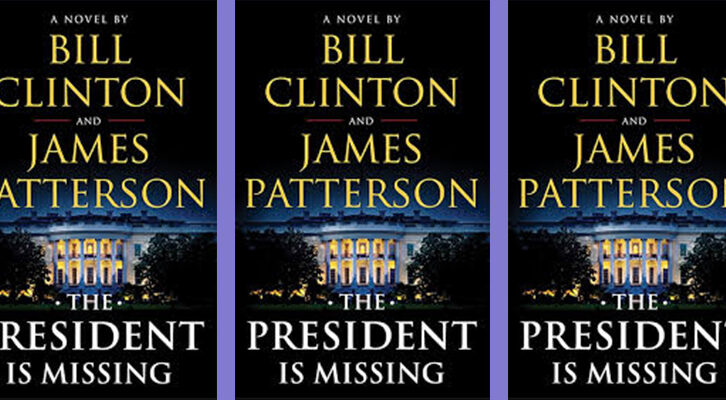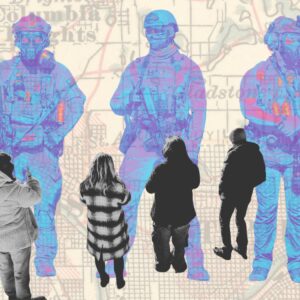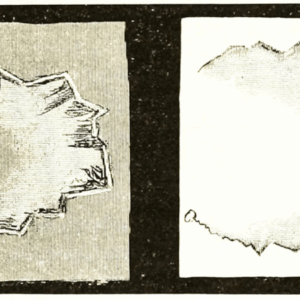
Tim Wu on Why It's Not Actually Illegal to Be a Massive Corporate Monopoly
This Week on Underreported with Nicholas Lemann From Columbia Global Reports
From the worldwide rise of populism and medical tourism, to Chinese smartphones and Nigerian Cinema—each season on Underreported with Nicholas Lemann we’ll travel to different places and bring you the stories that you aren’t already hearing about, connecting them to the current news at every turn. On this show, we’ll continue the conversations from our books with the journalists who know these stories best.
On this episode, Nicholas Lemann sits down with Columbia University law professor Tim Wu to discuss the politics of Louis Brandeis and Theodore Roosevelt, as antitrust reemerges as a major issue in the 2020 US presidential election. Wu’s latest book is The Curse of Bigness: Antitrust in the New Gilded Age.
From the episode:
Nicholas Lemann: This is a strange thing to think about for us laypeople. Monopoly isn’t actually illegal in US antitrust law. Right? So how can that be, if the laws were passed to curb monopoly?
Tim Wu: That’s a good question. It’s been contested whether they meant monopoly itself to be illegal. The law itself says monopolization is a crime. And typically in the criminal law, you punish conduct, not status. In fact, it’s unconstitutional to punish people for, let’s say, being a drug addict—being as opposed to doing something. It seems pretty clear that they were against monopoly and wanted to clear the world of monopoly. But in some technical way, the status of being a monopolist is not illegal.
________________________
Subscribe now on iTunes, Spotify, Google Podcasts, Stitcher, or wherever else you find your podcasts!
Tim Wu is a policy advocate, a professor at Columbia Law School and a contributing opinion writer for The New York Times. He is best known for coining the phrase “net neutrality.” He worked on competition policy in the Obama White House and the Federal Trade Commission, served as senior enforcement counsel at the New York Office of the Attorney General, and worked at the Supreme Court for Justice Stephen Breyer. His previous books are The Master Switch: The Rise and Fall of Information Empires and The Attention Merchants: The Epic Scramble to Get Inside our Heads.
Underreported with Nicholas Lemann
Since 2015, Columbia Global Reports has been providing depth and clarity on global issues that are underreported. We don't just publish books, we use books to start conversations about topics that weren't getting the attention they deserved. At least, until we took them on. This podcast is your audio connection to these important topics.



















